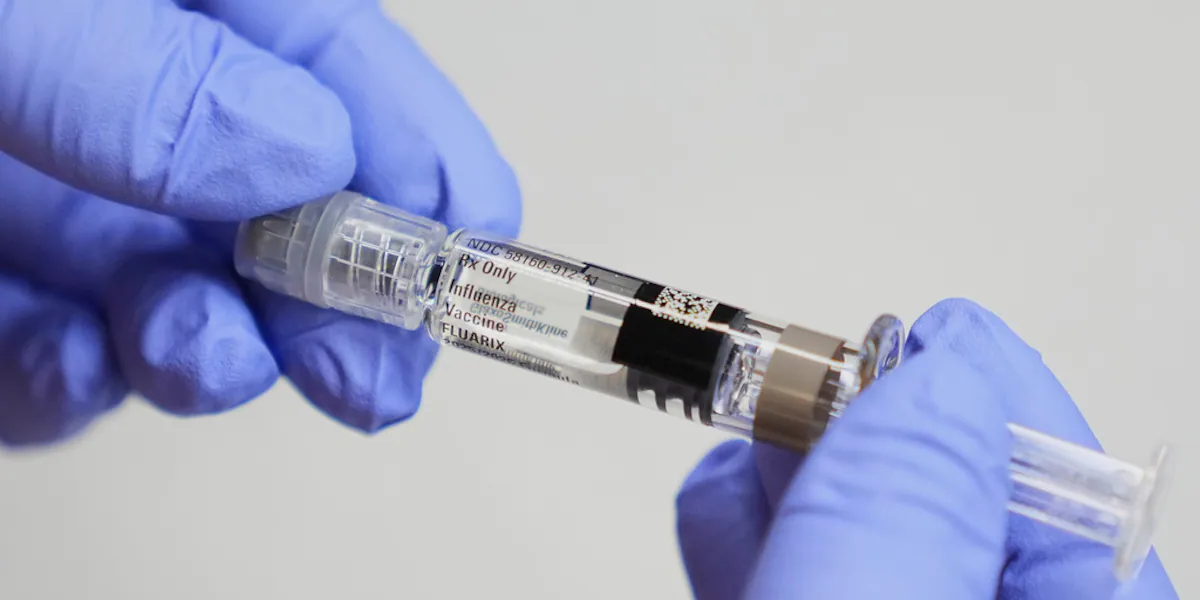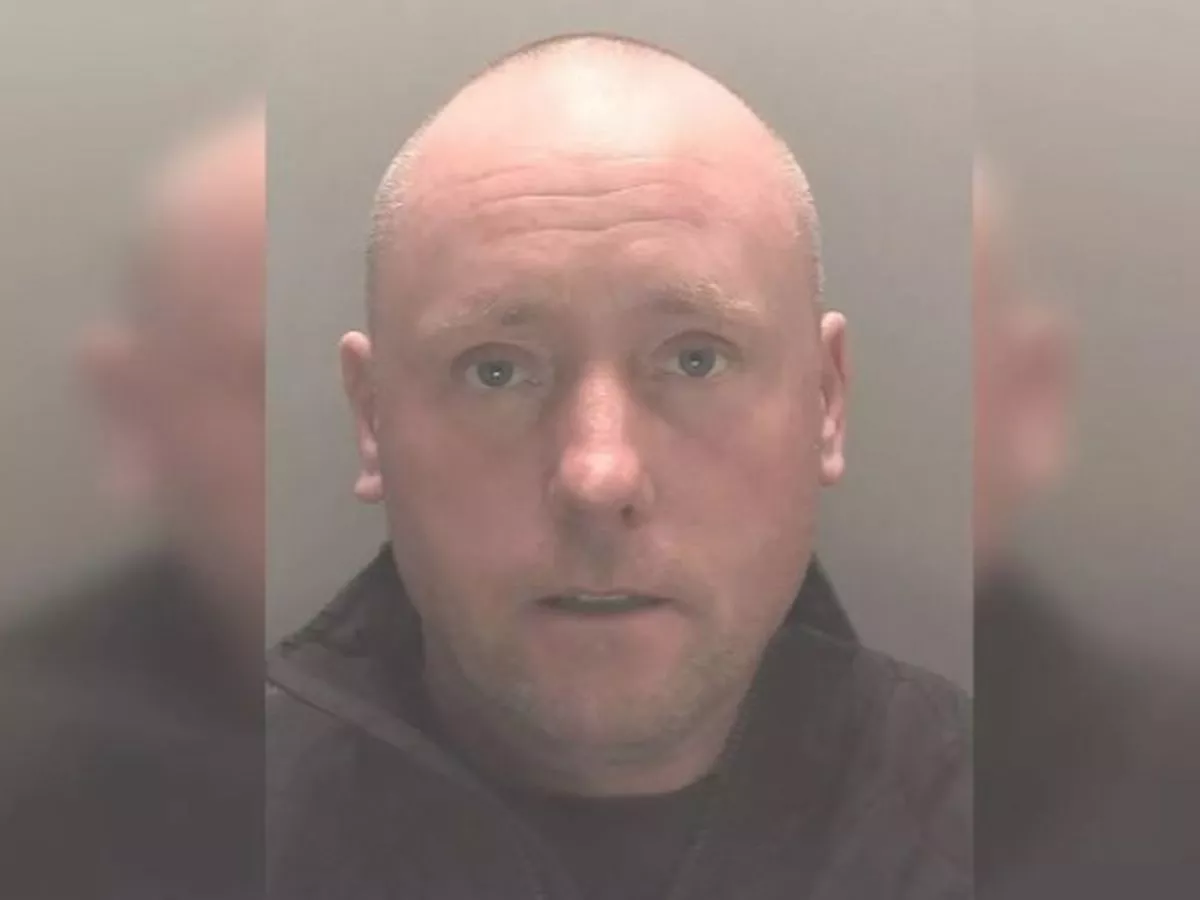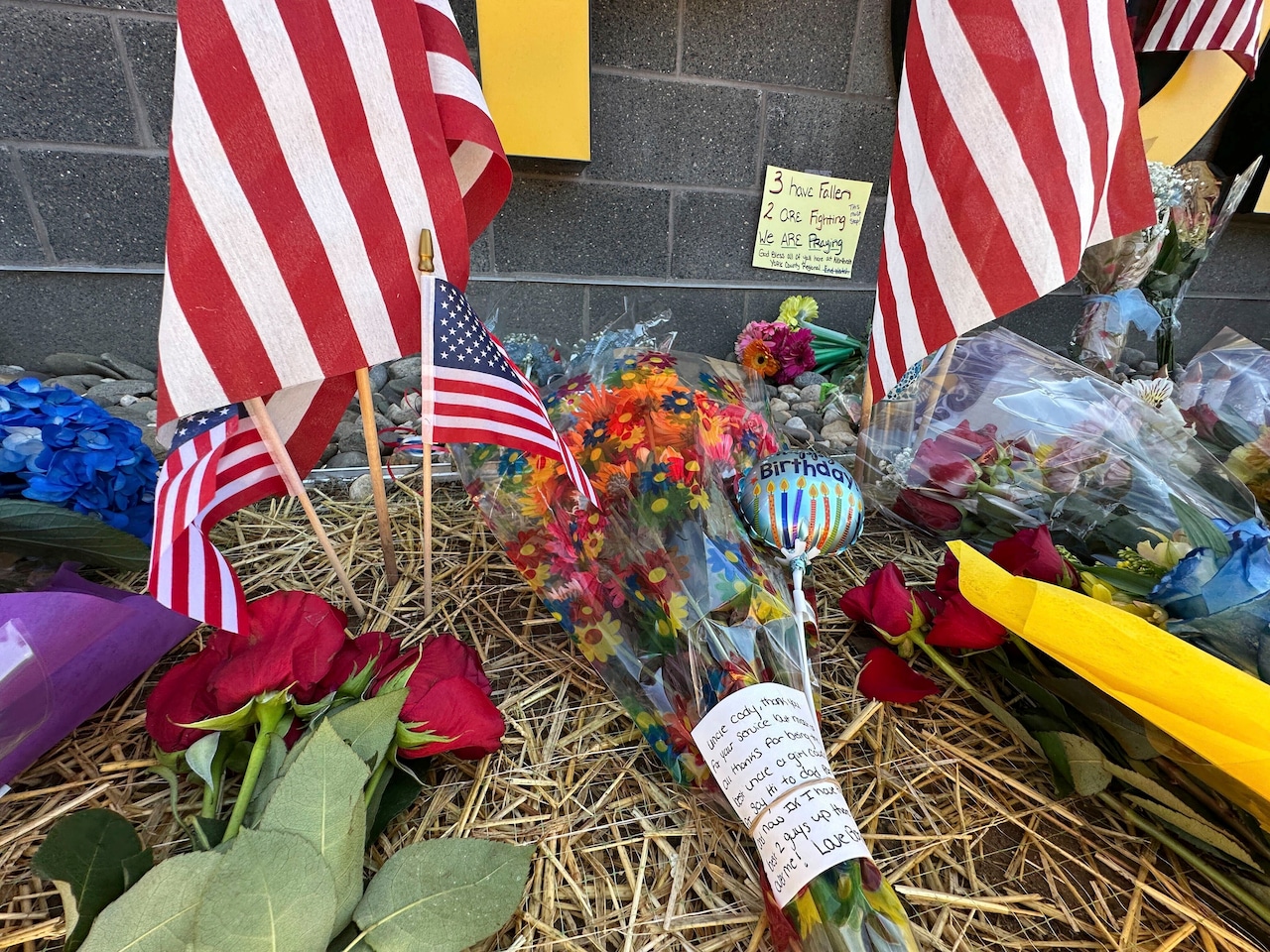
WASHINGTON (Gray DC) – Department of Health and Human Services Secretary Robert F. Kennedy, Jr. pledged to not upend the federal system surrounding. Just months into his term, Secretary Kennedy has made a number of consequential changes, including to the advisory panel on immunizations.
Health professionals in Indiana, such as the Indiana Immunization Coalition, are now trying to push forward, despite vaccine skepticism from prominent leaders, including Secretary Kennedy.
Stockpiles of vaccines, ready – to go in arms.
Sarah Vivo, who works for the Indiana Immunization Coalition, sets up mobile clinics at schools and welcomes people to their offices for immunizations.
“It really has to do with keeping people healthy and keeping our communities and our economy thriving,” Vivo said. “We have to get past all this misinformation, disinformation, fear, hesitancy.”
The pandemic thrust vaccine skepticism into the spotlight. After decades of concerns coming from a quiet minority, the rapid development of the covid vaccine under president trump gave rise to prominent skeptics – like Sec. Kennedy. He and other skeptics argued the mandated vaccine wasn’t proven as safe in the long-term and caused bad reactions.
“That communication piece is something I wish we could go back and do again and make sure that the public really understood what was happening and why we were able to accelerate that timeline,” Vivo said.
With the new Trump administration came drastic changes to public health. In 2024, Vivo says the coalition received $2.5 million from the federal government, which allowed them to employ 30 people and immunize 55,000 Hoosiers. This year – they received just $500,000, forcing them to cut half the staff.
“We didn’t expect to see grant funding clawed back that had already been promised,” Vivo said.
She said eight years ago fewer than 1% of students in Indiana were seeking exemptions from mandatory vaccines. Now – there’s a 2.4% exemption rate.
Dr. Tyler Evans, an infectious disease and public health physician, said the skepticism fuels future problems.
“I do think that there will be a number of people that will be exposed to again, to infectious disease outbreaks, possibly to epidemics,” he said.
But, Dr. Evans is optimistic the pendulum will swing back eventually.
“I think that the the dedicated public health professionals out there, that are in the weeds, they’ll be there,” he said.
The outcomes of the new public health landscape will take years to understand. It could lead to better care with different perspectives at the table, or a long-lasting push away from good science based on shaky research. Regardless, advocates like sarah are going to keep working until they can’t anymore – trying to keep this country as healthy as possible.



